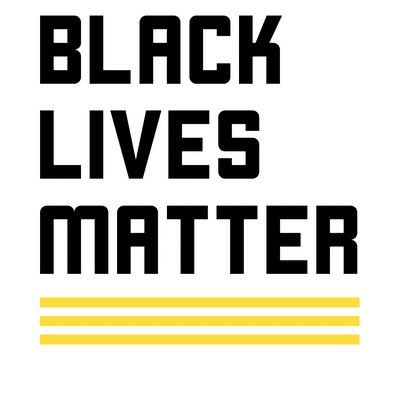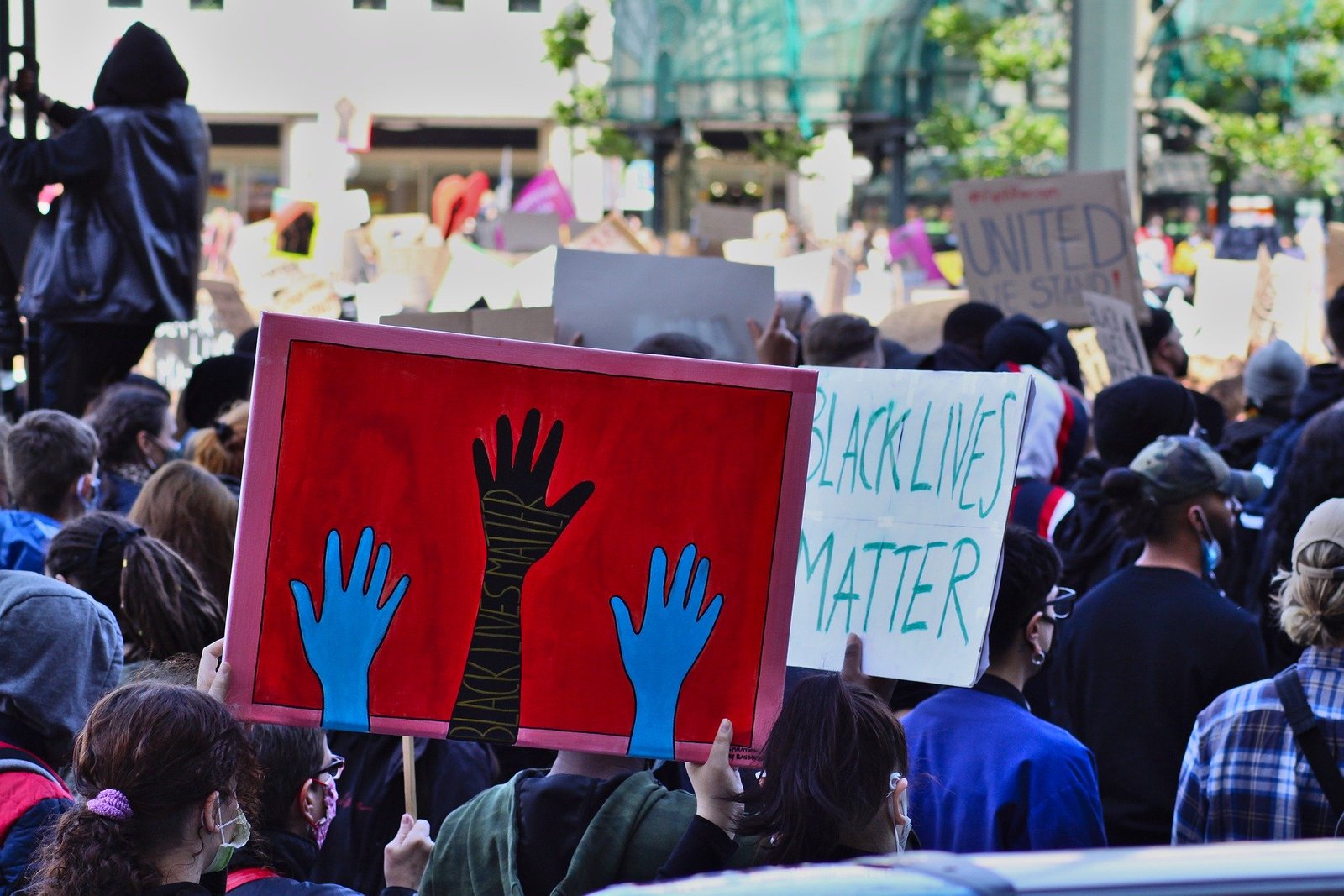First up — ‘The biggest killer of black men aged 15–24’ is other black men aged 15–24,’ otherwise known as the ‘black-on-black’ crime’ retort. If you’ve heard it once, you’ve heard this a million times. If you subject yourself to any environment online that is not dedicated to the cause, or really, any political group that is ‘centrist’, ‘rationalist’, ‘classically liberal’, you’d have heard this response. Also popularly known as the ‘black on black crime response’, repeatedly debunked as a myth, shown how it is a misdirection, based on false assumptions, and a wholly inadequate retort dozens of times – yet thousands of men who seem to believe they’ve found a crushingly winning argument bring it up as if it’s the world’s greatest insight.
Why its wrong and painfully revealing of the speaker’s racism: Unless you’ve been living under a rock, or attempt mental gymnastics that would make Simone Biles proud, you’d have to be insane to forget when the slogan ‘black lives matter arose’. As a non-black foreigner whose reception of American news still forms only about 20% of my news intake, it is impossible even for me to forget that the slogan and indeed the movement arose around the specific deaths of Tamir Rice, gathered momentum around the death of Michael Brown and exploded around the deaths of Eric Garner and Philando Castile. To even assert, for a minute, that the slogan generically applies to all lives and issues of black people globally, or even just African Americans, is a horrendously unforgivable leap of logic and denialism. What, do they genuinely believe a general concern around black people’s lives only began around 2017? It is impossible for anyone with an internet connection and a smattering of english to forget how and when this slogan and the surrounding movement arose. Why on earth does this group of people think ‘okay but like crime’ is a reasonable response? Are they collectively trying to prove that they’re too stupid to distinguish between the problem of interpersonal crime (black-on-black crime) and state sponsored violence? Indeed it would seem they’re desperate to prove that they believe their listeners and readers to be that stupid or — willing to swallow obvious lies. Anyone who’s ever graduated high school in most countries in the world should know that the state has the monopoly of force (imperfect and open to argument as that is) in order to deal with and control crime. While there are protests against soaring crime itself if it is seen as a result of state failure, crime itself does not typically lead to protests and outrage against the state — the state is assailed with protests and demands when they are the ones being faulted. What kind of bizarre intellectual collapse does it take, to respond to a movement protesting state sponsored violence with ‘but crime’? Because police, and the state are entrusted with the use of force, naturally misuse of that power is more likely to provoke outrage and protest, as opposed to inter-personal crime — which almost all of us assume is a part of society, and while we fear it, we expect the state to fix it. To even think, when one is making mental decisions to respond to a movement against state sponsored violence with a ‘but look at this’ about interpersonal violence (black-on-black crime)is painfully ridiculous — so ridiculous in fact that the listener can only wonder — “What on earth made you think that was a remotely sensible or relevant response”?
What it says about them — This is not a reasonable or in any way a rational response. Even assuming one didn’t read the news about the murders that first sparked the movement, if you are not actually intellectually hobbled, you’d immediately realize if there are protests against the state it is because the state is being faulted (for something). If you don’t bother then, to look into exactly what action by the state is being opposed, that is either recklessly incompetent or predicts a desire to jump to a conclusion that confirms a bias. What kind of person sees a movement against the government and state and thinks “oh they’re generally talking about all issues affecting black people”? Because… the black community collectively decided that all issues affecting them would be suddenly encapsulated in marches against the police? If a person couldn’t be bothered to do a basic search on when and why the movement arose, but instead belligerently crash into the discourse and say ‘yeah well black-on-black crime’, how is that not in and of itself evidence of a bias that they were rushing to confirm? The idea that people’s choices in the arguments they make is not reflective of their values, bias and intentions is absolute drivel. A vaguely objective, and normally curious approach to #BlackLivesMatter would have directly led them to the information that the slogan and the movement sprang up specifically around police killings of black people, and not regular crime to which ‘black-on-black’ crime could be a response.
Proponents of this insipid and rubbish response often defend themselves as not being motivated by racism, but ‘just arguing’ and accusing their detractors of not being able to handle the truth. Excuse me, but what truth? That they’re making an argument so illogical, so utterly beside the point that we get a sinking feeling at how stupid the citizenry is? It is also fantastically dishonest to even claim that any argument is not a reflection of the speaker’s preferences. The speaker in this instance read about a movement about black lives being important, and among all the possible responses, decided that pointing out interpersonal crime (black-on-black crime) was a valid pushback to the narrative of racism. The speaker has to go through the veritable gamut of responses — of sympathy, curiosity, general non affectation, and decides that pointing out black people engage in crime is the most relevant, and appropriate response to the allegations of racism. As described above, it requires multiple mental somersaults to think this is a sensible response — the making of the mental somersaults is a reflection of the speaker — to dismiss the BLM movement as somehow being fixated on the wrong thing. Except, they started out focusing on police killings. Why make this response, and how hard is it for the rest of us to see through the mental process of the persons making this response to the bubbling racism of the speaker? What else, other than racism explains the unforgivably stupid and irrelevant argument? Who, other than a person emotionally inclined to make out BLM to be an entity not worth listening to thinks ‘I’m going to respond to an argument against police violence with a statistic about interpersonal violence and say yes well the threat to black lives is more from crime committed by black people’? Even if, giving them the benefit of the doubt, they don’t remember or recall the origins of the movement, who, other than a person emotionally and deeply inclined to dismiss BLM’s grievance, doesn’t bother to do basic research about its beginnings but takes the time to look up crime statistics and make that argument? A person who doesn’t want BLM heard or legitimized, that’s who. What else, other than racism and a desire to dismiss general conversations about racism, can lie behind this person’s callous behaviour?







Article Discussion